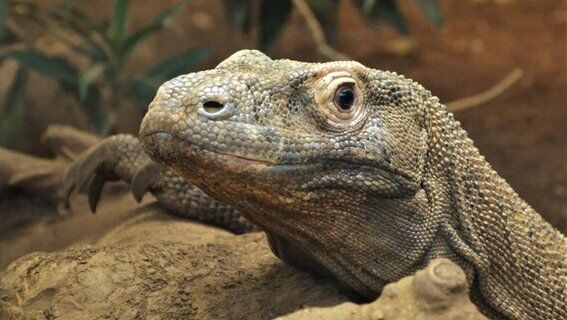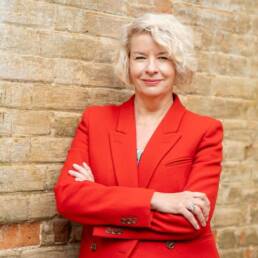
W100 Representative
Tania Rhodes-TaylorExecutive Director, Communications and External Affairs
Tania Rhodes-Taylor is Executive Director of Communications and External Affairs at King’s College London. She has worked in Higher Education since 2007, previously holding senior positions at the University of Sydney, Queen Mary University of London (QMUL) and the Institute of Education, UCL. This followed a successful career in the corporate and charity sectors which included the National Literacy Trust and Unisys. Having worked in Australia, Hong Kong and the USA, she always brings an international perspective to her work. Tania is also a qualified and accredited Executive Coach.
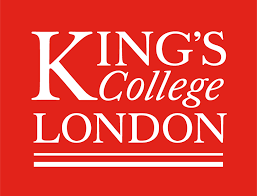
King’s College London is one of the top 25 universities in the world (2016/17 QS World University Rankings) and among the oldest in England. King’s has more than 29,600 students (of whom 11,750 are postgraduate students) from 150 countries worldwide and nearly 8,000 staff members. The university is in the second phase of a £1 billion redevelopment programme which is transforming its estate.
The Latest from King's College London
We're thrilled to announce that the London Institute for Healthcare Engineering (LIHE) has won three prestigious awards for commitment to groundbreaking healthcare design, translational research, and impactful partnerships. 🎉
🧵⬇️
🏆 Scottish Healthcare Design Awards 2025: Silver Award for Health Building or Project: LIHE has been recognised for its architectural ambition and healthcare-driven design. This Silver Award highlights the innovative facility at the heart of our mission.
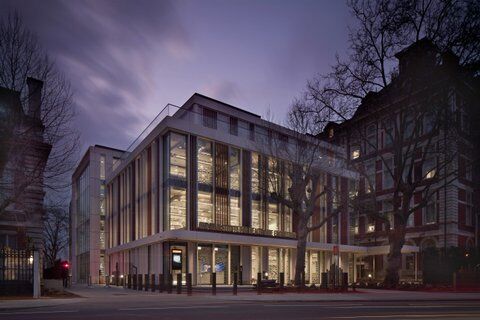
London Institute for Healthcare Engineering – Scottish Design Awards
The London Institute for Healthcare Engineering (LIHE) is a state-of-the-art research and innovation hub where medicine ...
www.scottishdesignawards.com
🏆 European Healthcare Design Awards 2025: Best Project – Life Sciences: Selected from a competitive international shortlist, LIHE's win reflects our leadership in advancing translational research and engineering for health.
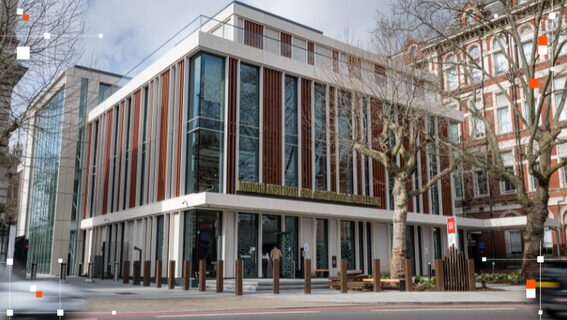
LIHE wins European Healthcare Design Award
Congratulations to the London Institute for Healthcare Engineering team, who have been awarded Best Project – Life ...
www.kcl.ac.uk
How was the Domesday survey of 1086 created?
A new book, co-authored by Prof. Julia Crick of @kingsartshums sheds light on one of the most famous records in English history.
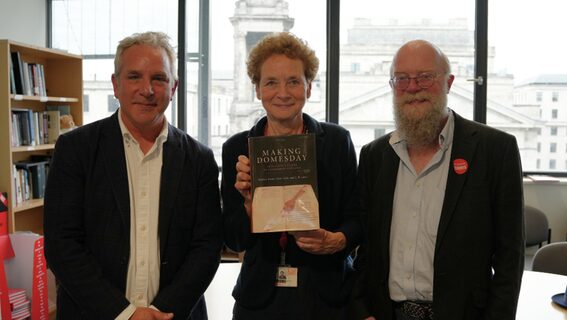
Author of William the Conqueror's 'Medieval Big Data' project revealed
A landmark study has shed new light on the Domesday survey of 1086 - one of the most famous records in Engli...
www.kcl.ac.uk
Positive to see the #NHS 10-Year Plan prioritising children’s mental health. At King’s Maudsley Partnership, we’re using evidence, innovation & collaboration to help turn this ambition into real change for young people. Read More-
#KingsMaudsleyPartnership

Our reaction: 10 Year Health Plan - King's Maudsley Partnership
The King’s Maudsley Partnership welcomes the commitments to prioritising children's mental health set out in the 10 ...
kingsmaudsley.org
📢 A new chair for London Higher 📢
Professor Shitij Kapur, the Vice-Chancellor and President of @KingsCollegeLon, has been elected as the new Chair of London Higher by members of the organisation.
Read more: https://londonhigher.ac.uk/new-chair-for-london-higher-professor-shitij-kapur/
#ThisWeekAtKings Vice-Chancellor & President Professor Shitij Kapur and senior leaders from King's welcomed His Excellency the President of the Republic of Kenya to formalise the Kenya-UK Strategic Health Alliance through the signing of two Memoranda of Understanding (MoUs). 🧵⬇️
The agreements, signed with King's and the @UniofNottingham, aim to bolster Kenya's health workforce, establish local biologics manufacturing capabilities, and advance diagnostic technology, including crucial advancements in cancer care. ⬇️
https://www.kcl.ac.uk/news/kenya-and-uk-forge-groundbreaking-health-alliance-at-kings-college-london
Delighted to have written for @FT on ‘Lessons for delivering change for a restless electorate’
Using research from my new 📕 ‘The Art of Delivery: The Inside Story of How the Blair Government Transformed Britain’s Public Services’
Read more here 🔗
https://on.ft.com/3G2AKHG
Children should not be strip searched or detained in police custody unless circumstances are truly exceptional.
These are some of the recommendations from an inquiry led by Dr @BevanMiranda @KCL_Law, presented at an event in Parliament today.
More ⬇️
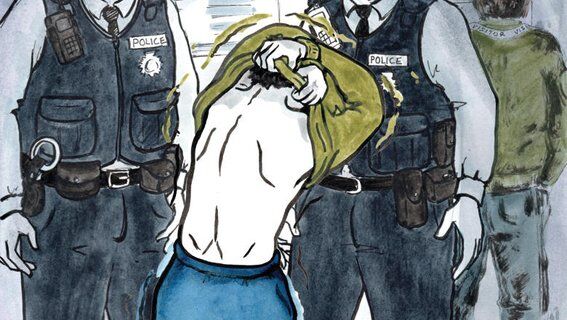
Tighter laws needed for detaining and strip searching children in police custody
Children should not be detained in police custody unless they are arrested for a serious crime – and they shou...
www.kcl.ac.uk
The government has won a vote to reform the UK welfare system despite strong pushback from MPs on disability cuts.
However Prof Kim Hoque, Professor in Human Resource Management @kingsbschool, says some of the less widely reported reforms could benefit staff and employers ⬇️
Ahead of the new #JurassicWorldRebirth movie roaring into cinemas, we asked: what can Komodo dragons teach us about how dinosaurs killed and ate their prey?🦖
Learn more about Dr Aaron LeBlanc’s (@kingsdentistry) research.
#ScienceAtKings #KingsQs 🧵⬇️
“They are our best window into how these teeth are used to cut and tear into their prey.”
King's College London is the fourth oldest university in England
King's has over 31,000 students (including more than 12,800 postgraduates) from some 150 countries, and over 8,500 staff
The university is in the top seven UK universities for research earnings and has an overall annual income of just over £778 million
A nobel distinction
The highest distinction for academics of most disciplines is the award of a Nobel Prize, 12 people who have worked or studied at King’s and its constituent institutions have achieved this distinction. This includes; 2013 Nobel Prize for Chemistry jointly awarded to Professor Michael Levitt FRS, for the development of multiscale models for complex chemical systems. Michael Levitt studied physics at King’s and graduated with a Bachelor of Science degree in 1967 and the 2010.
Nobel Prize for Literature awarded to Mario Vargas Llosa who was Spanish American Literature in the Department of Spanish & Spanish-American Studies at King’s in 1969-70, and became a Fellow of King’s in 2005.
Mission and vision
- To educate
- To challenge
- To change
- Our vision is to educate responsible leaders who create positive, sustainable change in business and wider society
Ranked in the top 10 of UK universities
31,000
King's Students
£778m
Annual income
King’s has an outstanding reputation for world-class teaching and cutting-edge research. In the 2014 Research Excellence Framework (REF) King’s was ranked 6th nationally in the ‘power’ ranking, which takes into account both the quality and quantity of research activity, and 7th for quality according to Times Higher Education rankings.
King’s has a particularly distinguished reputation in the humanities, law, the sciences (including a wide range of health areas such as psychiatry, medicine, nursing and dentistry) and social sciences including international affairs. It has played a major role in many of the advances that have shaped modern life, such as the discovery of the structure of DNA and research that led to the development of radio, television, mobile phones and radar.
King’s is a world-leading institution with a truly global perspective. It has:
- Over 200 partnerships and innovative collaborations with leading universities and institutions across the globe, including key relationships with the University of California, San Francisco; the University of Hong Kong and the National University of Singapore.
- Joint PhD programmes, involving more than 20 academic departments across King’s, with institution including the University of Hong Kong and the National University of Singapore.
- Offices in Brazil, China, India, and the USA: part of a global network that will develop deeper relationships with local research, commercial, student and alumni communities in these key countries and regions.
- A School of Global Affairs comprising a network of Global Institutes to promote understanding of fast-changing parts of the world and encourage engagement with 21st-century powers. These include King’s Brazil Institute; the Lau China Institute; King’s India Institute; the Institute of North American Studies; King’s Russia Institute; King’s African Leadership Centre, and King’s International Development Institute.
Cultural competency & a global problem-solving mindset.
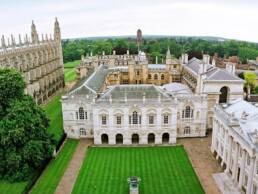
Become a Member
The World 100 Reputation Network is a group of the best universities in the world, delivering research that enhances reputation and offering leaders the chance to develop their own careers on a global stage. Members benefit from events and study tours, training, monthly media monitoring, and unique reputation research to provide institutional advantage.












